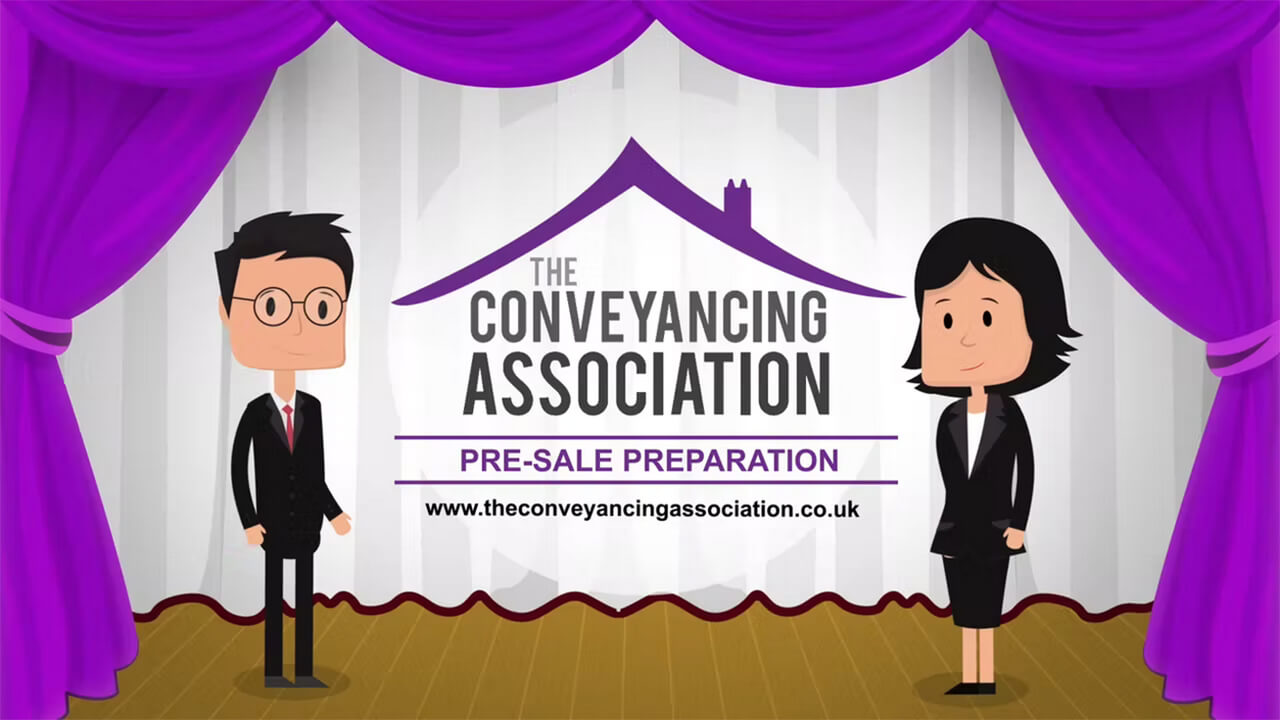At Premier Property Lawyers we are always happy to help. Below is some useful information on the home buying process. If you have any questions, please get in touch.

Selling a House
If you are selling a house, you will need a conveyancer to act for you – that’s where we come in!

1. Complete Your Details
You will be asked by us to complete your details and provide your instructions, along with primary ID such as a passport or driving licence, and proof of residence in the form of a bank statement/utility bill. You will also be asked to fill in a Property Information form including some specific details about the property, its boundaries, any alterations to the property etc. If you have any additional paperwork such as planning permissions or notices, then these will be required by us to send with the contract papers. We will also ask you to complete a Fixtures, Fittings and Contents form to say what you will be taking and leaving behind. If the property is leasehold, you will be asked for information about who you pay ground rent and services charges to.
2. Outstanding Mortgage or Loan?
If there is a mortgage or other loan secured on your property we will request a redemption figure from the lender(s) to find out how much is outstanding and this will then be paid out of your sale proceeds on completion.
3. Information for Leasehold Properties
If it’s a leasehold property we will contact your landlord / management company to find out more details about how the lease works and whether there are any works due to be done or payments outstanding etc.
4. Requesting Title of Deeds
If your property is registered at the Land Registry (this is likely if you bought or remortgaged the property in the last 25 years) we will obtain a copy of the title, showing you as owner, from the Land Registry with a plan of the property and any additional documents they hold.
5. Unregistered property?
If the property is unregistered (no transactions have taken place in the last 25 years) then you should have some title deeds to the property. You may hold these or your lender may have them if you still have a mortgage. We will need these to sell the property.
6. Drafting Important Paperwork
Contracts are drafted and sent with the property information forms and land registry documents, as well as any additional documents you have provided, to the buyer’s conveyancers. They will then instruct searches and arrange for a survey to be carried out on the property.
7. Sign Contract
At this stage we will send you a draft contract and transfer for signature. You should read the contract carefully, sign it and return it to us. The Transfer is the legal document which both seller and buyer sign to transfer the ownership of the property. This must be signed in the presence of an independent witness over the age of 18 years. The original should be sent back to us.
The buyer’s conveyancers will examine all of the documentation and raise any enquiries they have. We will normally call you or email you to discuss anything they have queried.
8. Agree Completion Dates
Once the buyer’s searches and mortgage offer are received by their conveyancers and all outstanding issues are resolved, the chain will begin the process of agreeing a completion date in readiness for exchange of contracts.
9. Final Redemption Figures
We will obtain final redemption statements from your lender(s) and make sure we have all of your signed documents.
10. Protect Your Property
It’s important to keep your buildings insurance in place and to keep up any mortgage repayments until completion.
11. Exchange Contracts
When the contracts have been exchanged, both seller and buyer are contractually bound to complete on the agreed completion date. We usually exchange contracts over the telephone and then send the completed signed contracts by post.
12. Removals
At this stage you should be organising your move in order to vacate on the day of completion.
13. Transfer of Monies
On the agreed day of completion, the buyer’s conveyancers will send the monies to purchase the property to us by telegraphic transfer.
As soon as we receive the monies we will pay off the existing mortgage on the property, pay the estate agents invoice and if leasehold any outstanding monies.
14. Key Release
We inform you we have received the monies and let the estate agents know. Keys can then be released.
15. Vacate Property
You should have moved out of your property by now.
16. Cancel Mortgage Payments
Your property will then legally be the buyers and you can cancel your mortgage payments.
17. Registering The New Owners
We send the signed transfer to the buyer’s solicitors so that they can register the buyers as owners.
18. Balance of Proceeds
Finally we send you the balance of sale proceeds by bank transfer.

Pre Home Sale Preparation
Useful Links
The Buying Process
The Selling Process
How Long Does Conveyancing Take?
First-Time Buyers Guide
Buy-to-Let Guide
Complaints
Preventing Fraud
Reasonable Adjustments Statement
The Legal Ombudsman
The CLC Compensation Fund